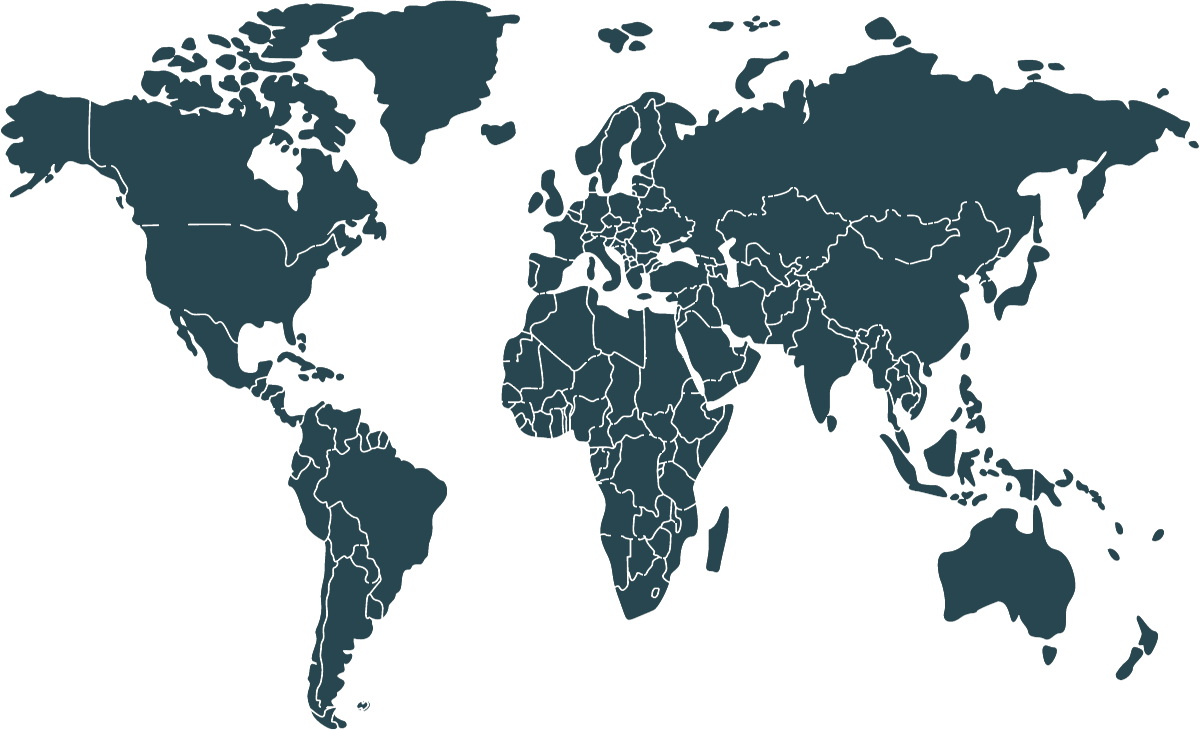The International Tracking Standard Foundation (I-TRACK Foundation) has approved Uruguay for the issuance of I-REC(E), providing a robust and internationally recognized system for tracking renewable electricity in the country. This development follows a detailed assessment of Uruguay’s electricity market and regulatory landscape, which demonstrated the country’s capacity to support the issuance of I-REC(E) for devices with an installed capacity lower than 1 MW.
GCC as I-REC(E) Issuer in Uruguay
To facilitate issuance, the Green Certificate Company (GCC) has been appointed as the I-REC(E) Issuer for Uruguay. GCC will oversee the registration and certification of electricity generators, ensuring compliance with the International Attribute Tracking Standard until a local Issuer can be approved.
Issuance in Uruguay will be implemented in two phases:
- Phase 1 (approved now) will allow issuance by generators not currently covered under the national Renewable Energy Certification System (e.g., small-scale generators under 1 MW, including self-consumption).
- Phase 2 (future) will provide a pathway for larger generators, currently part of the national system (SCER), to opt out and transition to I-REC(E) issuance, subject to regulatory approval.
This phased approach ensures alignment with Uruguay’s existing certification infrastructure while expanding access to internationally recognized certificates for a broader range of generators.
Uruguay
Uruguay has been widely recognized as a leader in renewable energy adoption, with over 90% of its electricity generated from renewable sources. As of 2022, the country’s electricity generation mix includes 1,538 MW from hydro, 1,506 MW from wind, 409 MW from biomass, 285 MW from solar, and 1,124 MW from fossil sources, totaling 4,862 MW of installed capacity.
The national electricity market, known as the Mercado Mayorista de Energía Eléctrica (MMEE), was established by the 1997 MMEE Framework Law, which liberalized electricity generation and allowed both public and private actors to participate. The market is managed by the Administración del Mercado Eléctrico (ADME) under the regulation of the Unidad Reguladora de Servicios de Energía y Agua (URSEA).
Uruguay currently operates a national Renewable Energy Certification System (SCER), managed by the Ministry of Industry, Energy and Mining (MIEM) in collaboration with UTE, the state-owned electricity company. However, this system covers only a subset of generators and does not align with international programs such as SBTi or CDP. As a result, companies in Uruguay have increasingly turned to I-RECs to meet their sustainability commitments. In 2023 alone, over 54,000 I-REC(E) certificates were purchased in Uruguay—a figure nearly matched again by February 2024.
The approval of Uruguay for I-REC(E) issuance also supports the country’s ambitions in green hydrogen development, where certification of renewable electricity inputs is critical to meeting international export standards.
The International Tracking Standard Foundation welcomes Uruguay to the I-REC(E) community and looks forward to supporting its continued leadership in the global energy transition.
